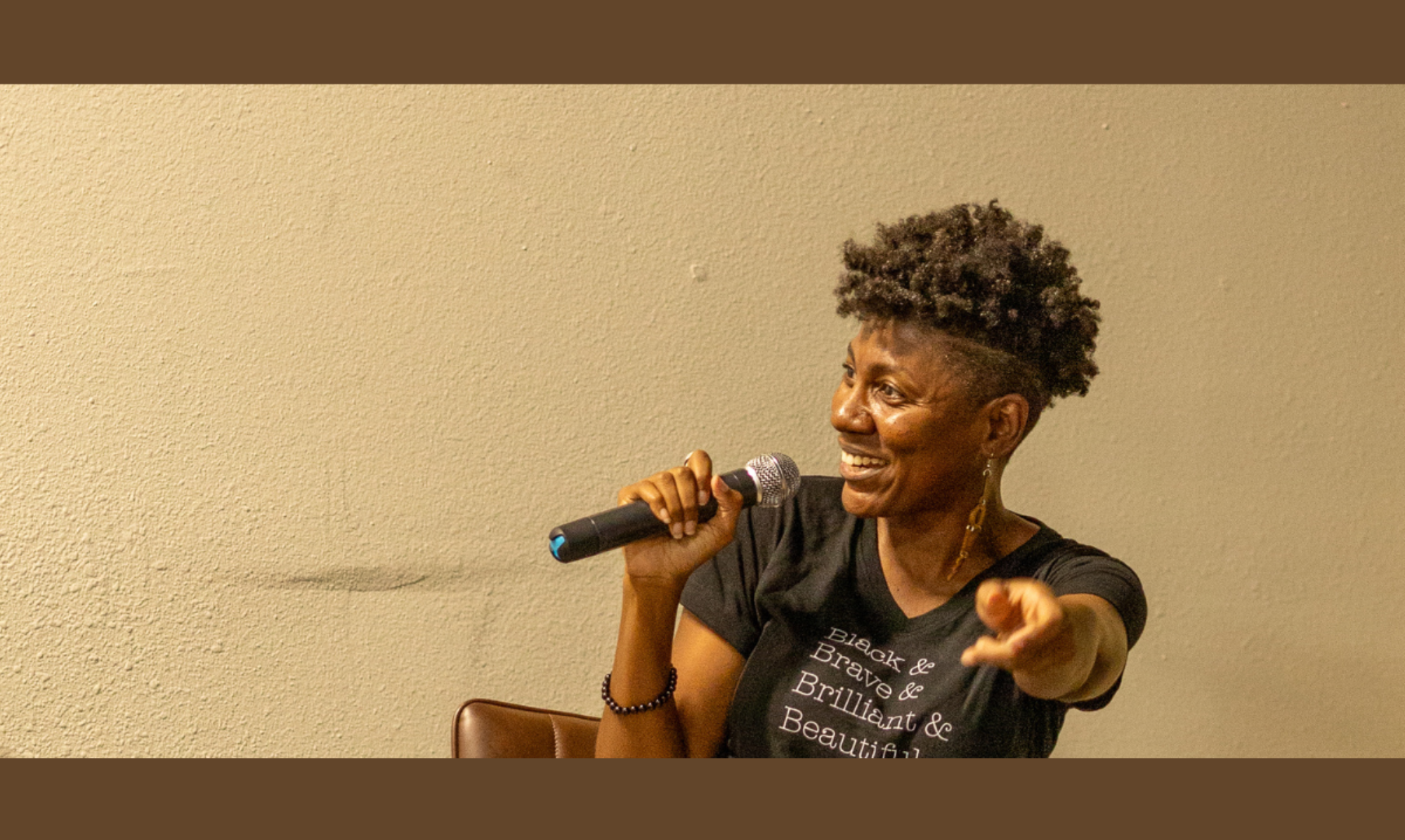I’ll start with mother.
Before children recognize themselves in mirrors, they recognize themselves through their mother’s eyes.
My heart breaks when I hear stories of mothers consciously or unconsciously conditioning their children to adopt the attitudes of colorism, to adore light skin and despise darker skin, adore light eyes and think little of dark eyes, adore straight hair and hate kinky hair.
Previews of Dark Girls the movie, the responses to it, and life observations reveal that too many mothers are complicit in their children’s pain. The relationship between mothers and colorism is clear. Several women describe their most potent experiences with colorism as experiences when their mothers failed to validate their beauty. As adults, hopefully we learn to validate ourselves. Young children, however, must be shown how.
My mother is light skinned. She won’t admit this, always claiming that she never saw herself as such and always identified with darker skinned people. She does acknowledge, though, that she is lighter than my brother and me.
My mother tells me how she has always loved going out in public with us and telling people “these are my kids.” We talk about how people rarely assume this fact due to the skin color difference, and she always makes a point to directly state it.
My mother is different from the women who are only proud to show off their children if their children are fair skinned or have a certain hair texture.
My mother intentionally combated the outside influences and negative messages about dark skin. She was not only aware of colorism, she had the courage to attack it head on. Just knowing that she in some way understood the struggle of a dark skinned child helped me endure the struggle. Knowing that no matter what happened with everyone else I could always go home and feel accepted and loved, probably saved me from the extremes of pain that other girls have gone through.
So don’t trip if your dark skinned friend, cousin, sister, or coworker agonizes over skin color and the biases people hold toward certain skin tones. Don’t be perplexed about why she doesn’t “just get over it, and just love herself.”
Instead, ask her about her relationship with her mother. Ask her how many times she heard her mother tell light skinned cousins how pretty they were, without acknowledging the very daughter that waited in her shadow. Ask her how many times her mother told her to stay out of the sun. Ask her how many times her mother discouraged her from wearing bright colors. Don’t judge her, she’s had enough of that. Just hear her story.
If you are a mother, do an honest self-evaluation. Do you make comments around your children that might instill colorism in them? How often do you tell your children they are beautiful? How often do you compliment their dark skin tones? Do you act like colorism doesn’t exist? Do you try to explain away instances of colorism instead of acknowledging them? Have you dealt with your own color complex so that your children can have healthy self-esteem and appreciation for others regardless of skin color?
When it comes to colorism healing, parents make a huge difference in the lives of young people. By choosing different parenting choices, we can erode the generational cycle of colorism in our communities.

